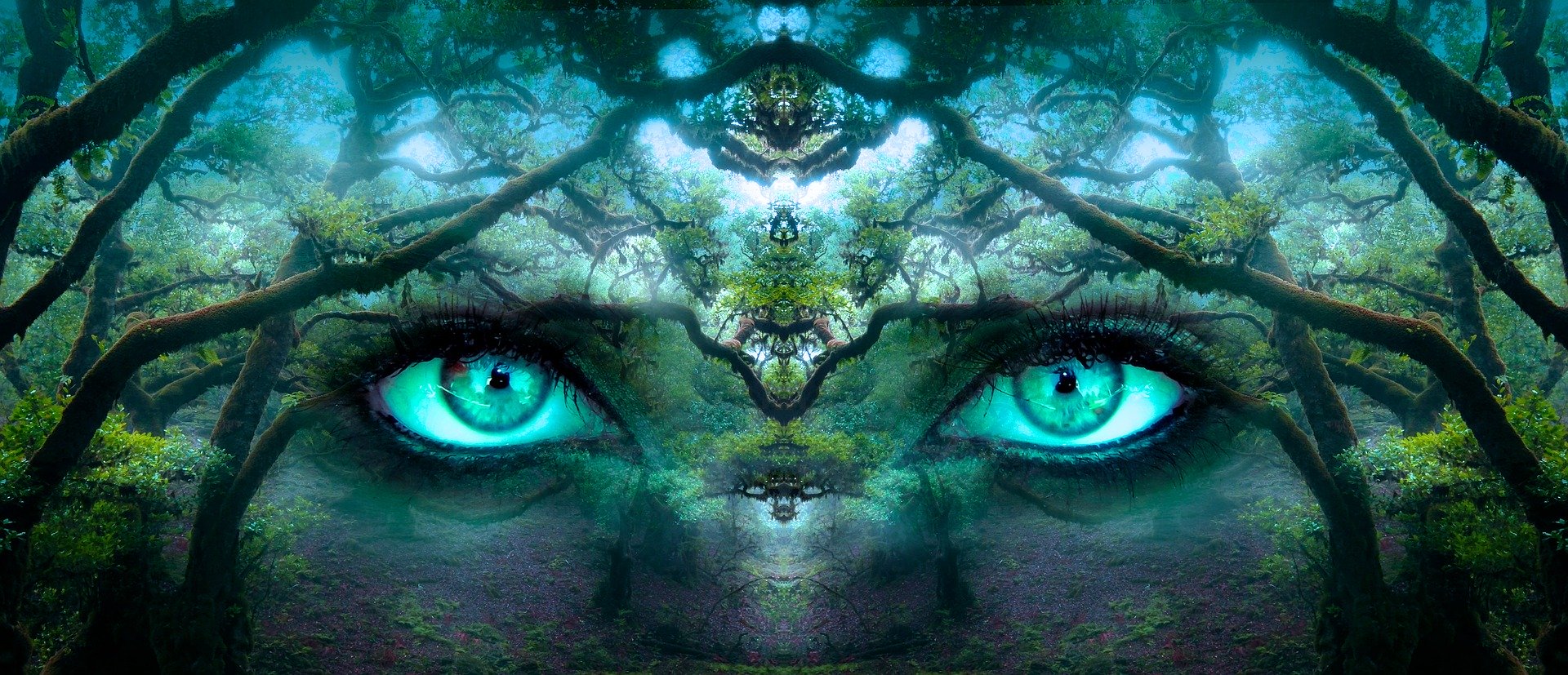If your slumbers have been turned on their head during quarantine, you’re not alone.
As the UK enters its sixth week of lockdown, the real world is starting to feel dreamlike, and the dreamlike real.
People across the world are reporting a huge increase in strange and graphic dreams amidst the coronavirus pandemic – from taking on enemies in your own James Bond film, to turning into giant jigsaw pieces as we try to understand the puzzle that is life after lockdown, societies everywhere seem to be compensating for the monotony of lockdown-life with wild adventures as soon as our heads hit the pillow.
But as our night-time explorations become all the more real, it poses the question left on all our minds: why?
According to a recent study, a strange correlation exists between changes in routine and realistic dreams. In the study, Dr Robert Naiman draws a parallel between the gut, which decides what food we consume is useful and what is waste, and the brain, which similarly consumes and processes information throughout the day. When we observe something ‘normal’, our brains don’t digest it, he explains. Yet when something out of the ordinary occurs – such as a global pandemic – our brains may process the experience through dreaming, leaving a vivid footprint in our sleep time. That’s why ‘difficult-to-digest’ experiences may give us more memorable dreams.

That said, it’s also possible people are beginning to dream more about aspects of life they miss while in quarantine. During the Second World War, a group of imprisoned British soldiers were documented to sleep-yearn for things they couldn’t enjoy while detained. The statistics showed more food content than in comparable studies of a same study-group, suggesting the soldiers were living precariously through their dreams – and their gut.
Here in the UK, sleep expert Professor Russel Foster found the majority of Brits are experiencing heightened dreams on a mass scale. “Many of us now seem to be populating our dreams with images from the current crisis,” he says.
Instead of putting this down to a disruption of routine, Foster has found a link between the quality of our sleep and their clarity. “Because we are sleeping longer and more deeply, we are having more vivid dreams and remembering them better.”
For many, this might not ring true. Reports show that while some of us are sleeping deeply and more vividly, Brits are also experiencing sleep disruption due to the realness of their dreams – often waking them up suddenly in the middle of the night.
If this sounds like you – don’t panic. Dr Keith Hearne, a British psychologist who conducted the world’s first sleep-lab research into lucid dreaming, says your unconscious is simply trying to make sense of the current situation.
 “Dreams, especially those that wake you suddenly, are probably best understood – not literally – but as symbolic messages and verbal puns from your wise unconscious,” he explains. “The emotion left on waking is probably the best indicator on whether the dream portrayed something good or bad.”
“Dreams, especially those that wake you suddenly, are probably best understood – not literally – but as symbolic messages and verbal puns from your wise unconscious,” he explains. “The emotion left on waking is probably the best indicator on whether the dream portrayed something good or bad.”
Above all, experts agree the reason your dreams feel more alive right now is because our daily activities have ground to a halt, creating more space to reflect. Remember, sleep is typically an amplification of your day and your brain’s way of processing those memories so try to eliminate stress from your daily routine, and you might just experience the benefits the next time you remember your dream.
If the idea of another three weeks without your favourite pre-lockdown activity fills you with dread – you might just find it the next time you settle down for the night instead.
